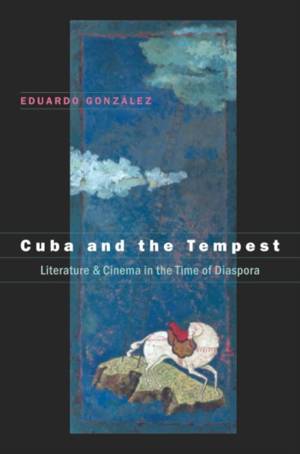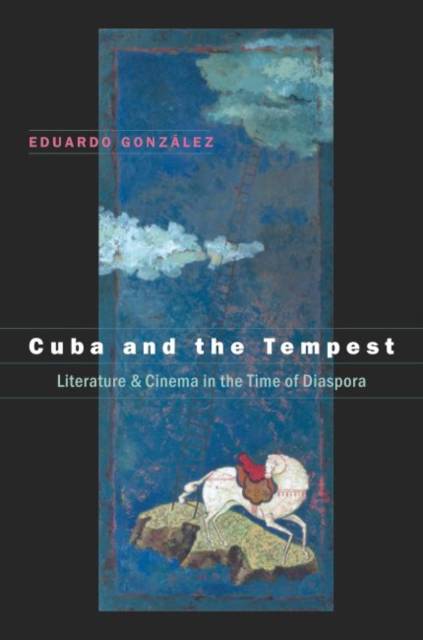
- Afhalen na 1 uur in een winkel met voorraad
- Gratis thuislevering in België vanaf € 30
- Ruim aanbod met 7 miljoen producten
- Afhalen na 1 uur in een winkel met voorraad
- Gratis thuislevering in België vanaf € 30
- Ruim aanbod met 7 miljoen producten
Omschrijving
In a unique analysis of Cuban literature inside and outside the country's borders, Eduardo González looks closely at the work of three of the most important contemporary Cuban authors to write in the post-1959 diaspora: Guillermo Cabrera Infante (1929-2005), who left Cuba for good in 1965 and established himself in London; Antonio Benítez-Rojo (1931-2005), who settled in the United States; and Leonardo Padura Fuentes (b. 1955), who still lives and writes in Cuba.
Through the positive experiences of exile and wandering that appear in their work, these three writers exhibit what González calls "Romantic authorship," a deep connection to the Romantic spirit of irony and complex sublimity crafted in literature by Lord Byron, Thomas De Quincey, and Samuel Taylor Coleridge. In González's view, a writer becomes a belated Romantic by dint of exile adopted creatively with comic or tragic irony. González weaves into his analysis related cinematic elements of myth, folktale, and the grotesque that appear in the work of filmmakers such as Alfred Hitchcock and Pedro Almodóvar. Placing the three Cuban writers in conversation with artists and thinkers from British and American literature, anthropology, philosophy, psychoanalysis, and cinema, González ultimately provides a space in which Cuba and its literature, inside and outside its borders, are deprovincialized.
Specificaties
Betrokkenen
- Auteur(s):
- Uitgeverij:
Inhoud
- Aantal bladzijden:
- 264
- Taal:
- Engels
- Reeks:
Eigenschappen
- Productcode (EAN):
- 9780807856833
- Verschijningsdatum:
- 10/04/2006
- Uitvoering:
- Paperback
- Formaat:
- Trade paperback (VS)
- Afmetingen:
- 157 mm x 235 mm
- Gewicht:
- 390 g

Alleen bij Standaard Boekhandel
Beoordelingen
We publiceren alleen reviews die voldoen aan de voorwaarden voor reviews. Bekijk onze voorwaarden voor reviews.








